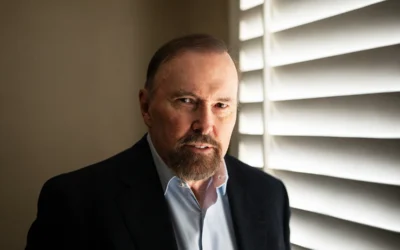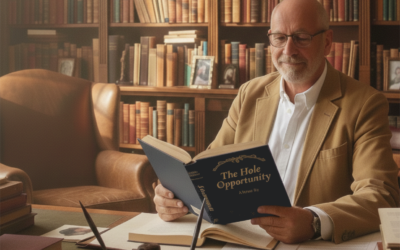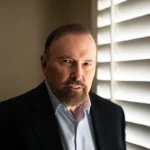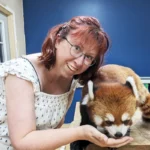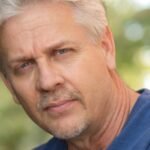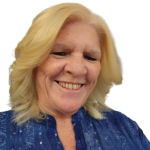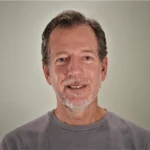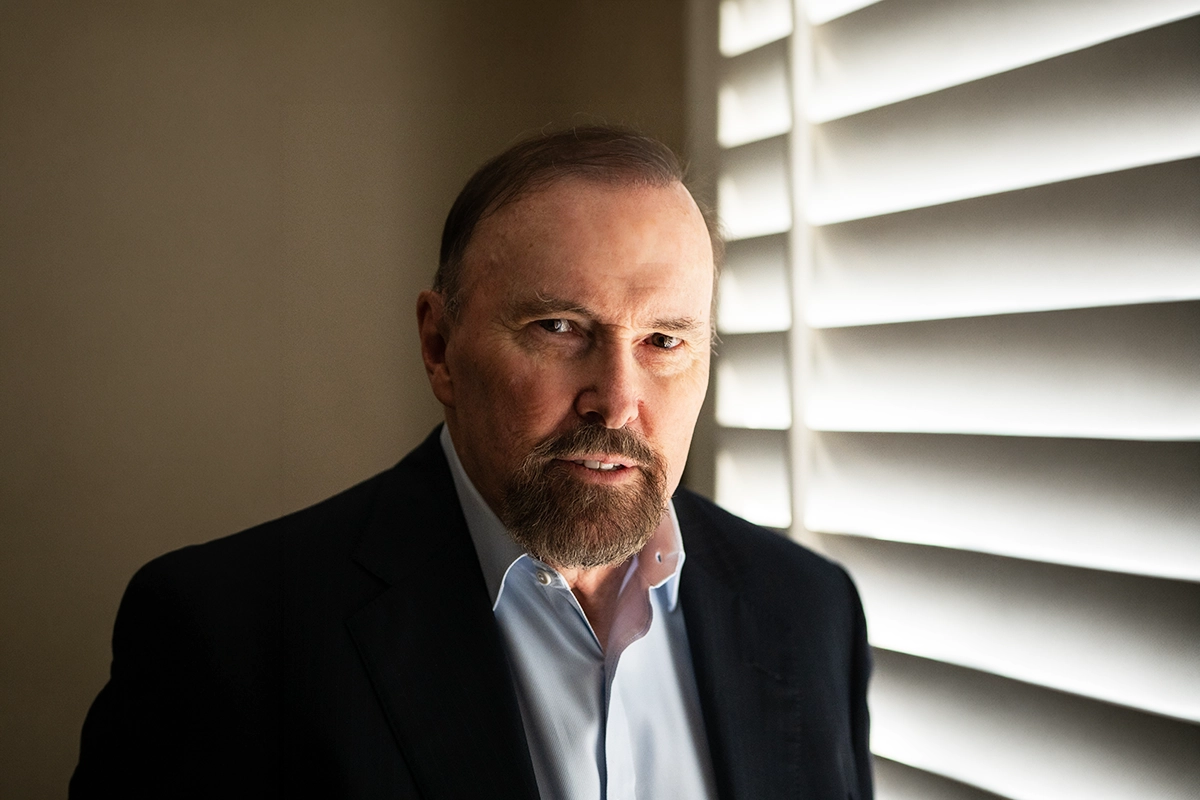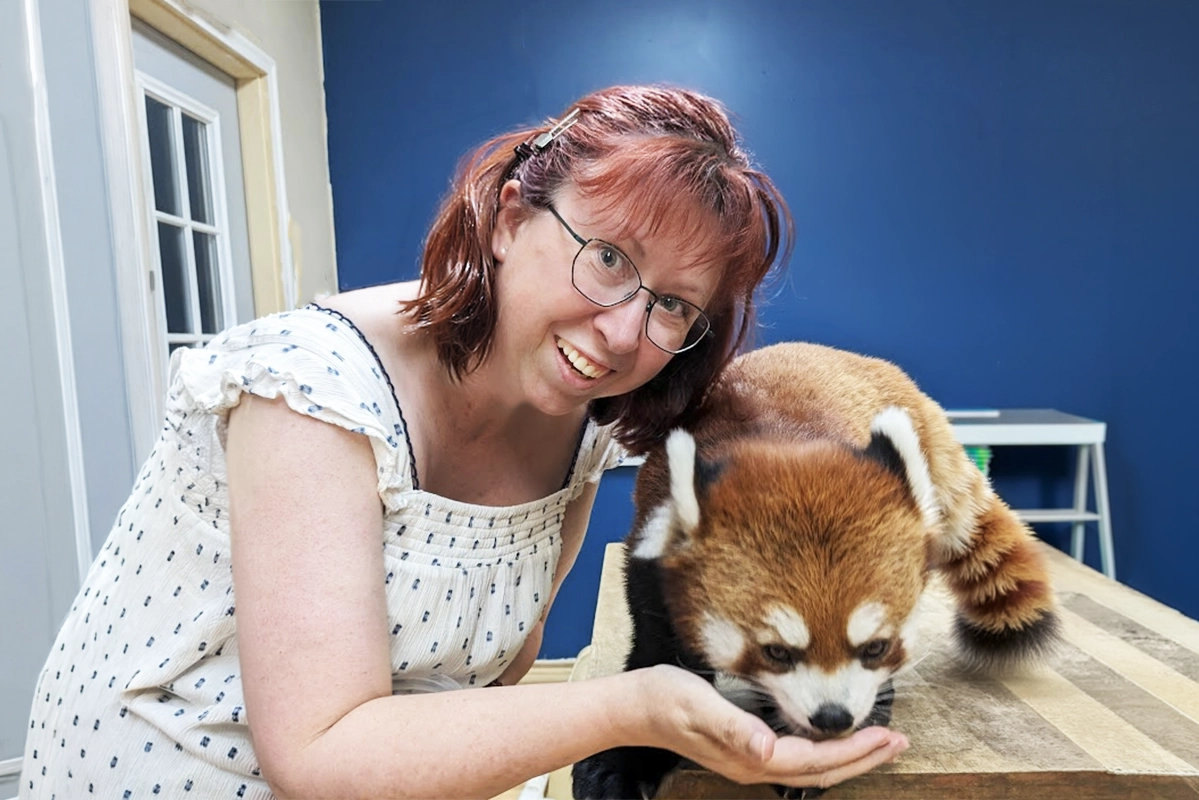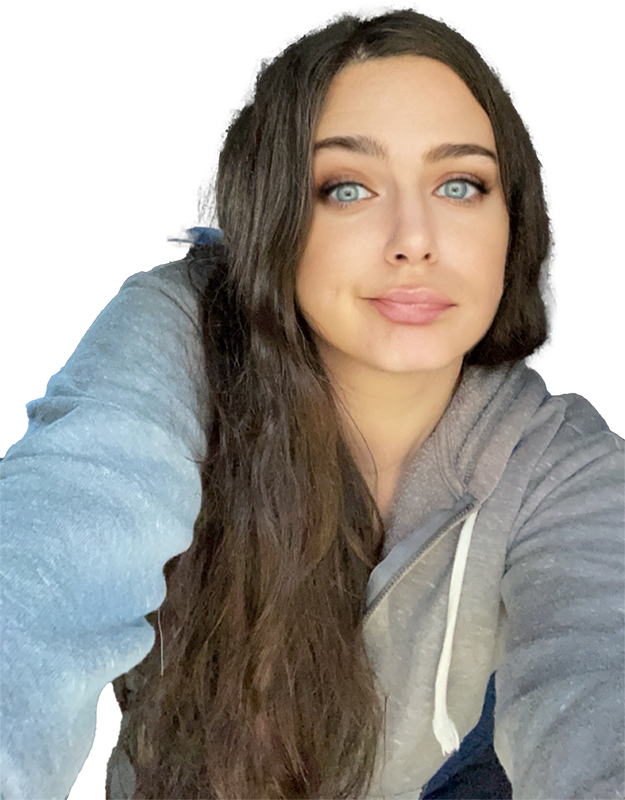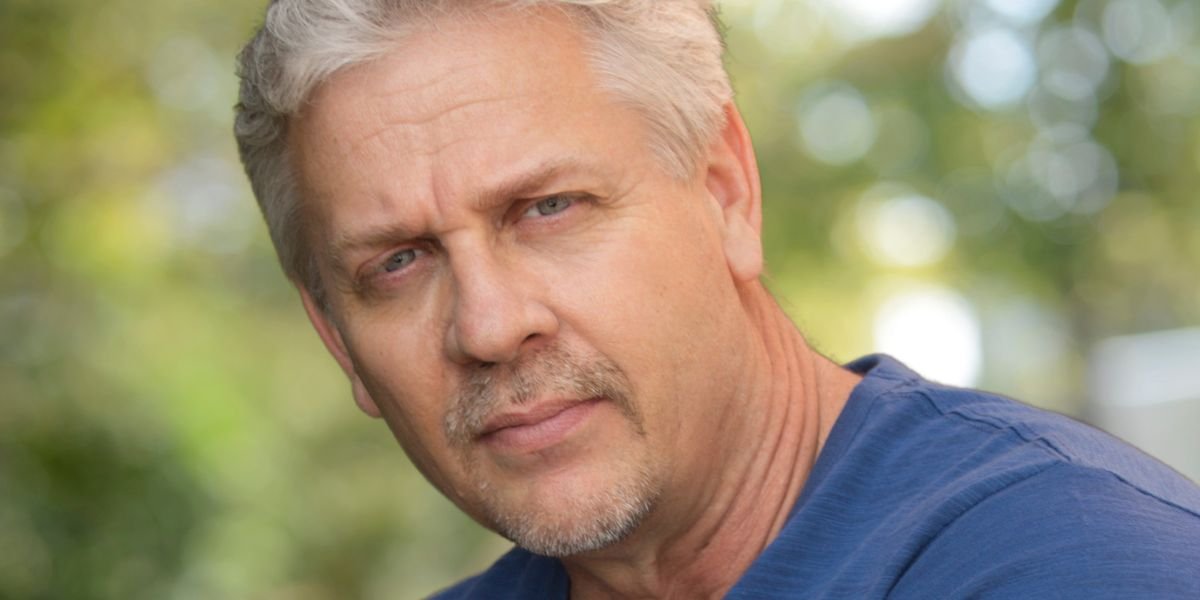Paula Rooney Embarks on Transformational Solo Journeys Through Travel and Self-Discovery
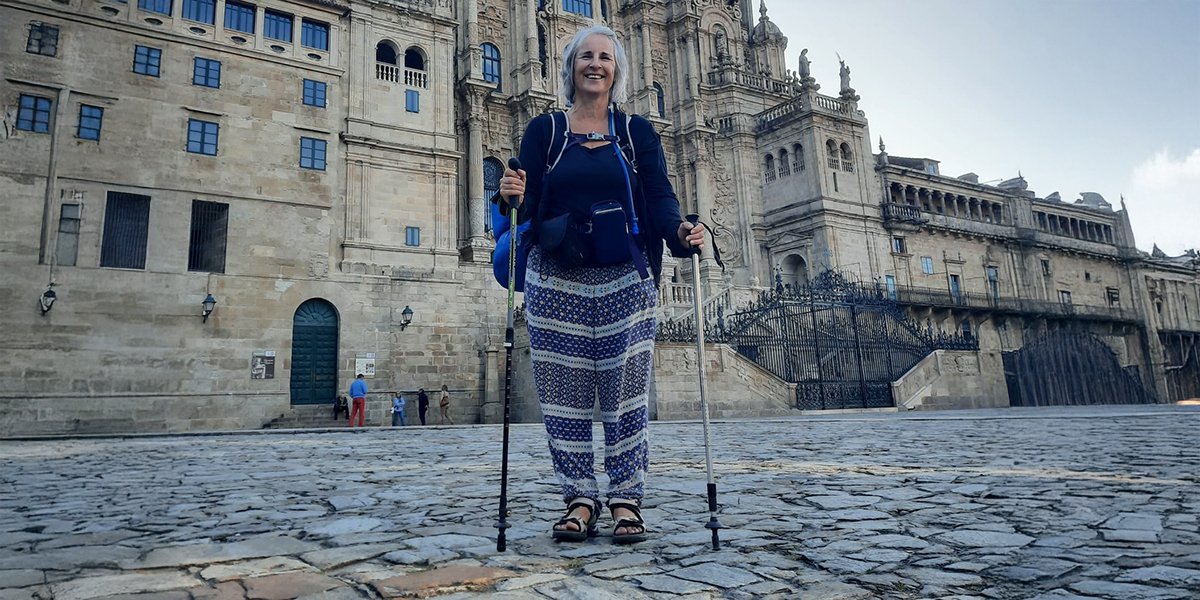
Embracing Freedom and Self-Discovery Through Solo Travel
Paula Rooney’s travel memoirs chronicle her solo adventures, from interrailing across Europe to walking the Camino de Santiago, offering readers a heartfelt exploration of independence, resilience, and personal growth.
Paula Rooney captivates readers with her deeply personal and adventurous travel memoirs, inviting them to journey alongside her as she navigates life beyond full-time motherhood. Her fearless approach to solo travel, which began at the age of 55 with an interrailing trip across Europe, has since taken her on remarkable journeys—walking the 500-mile Camino de Santiago, embracing a Spanish Christmas in Andalucía, and most recently, exploring Morocco for five weeks alone. Through her journal-style writing, Rooney offers an unfiltered glimpse into her experiences, blending self-discovery with the thrill of the unknown. In this exclusive interview, she reflects on the motivations behind her travels, the lessons learned on the road, and the impact her journeys have had on both her personal growth and her relationship with her children.
Paula Rooney’s evocative storytelling brings her travels to life, immersing readers in the beauty of self-discovery, cultural exploration, and the courage it takes to embrace the unknown.
Your first solo backpacking journey at age 55, detailed in “I Hope There’s a Kettle in My Room,” is truly inspiring. What motivated you to embark on this adventure, and how did it reshape your perspective on life and travel?
My children had flown the nest and after parenting for so long, I was at a bit of a loss, I wasn’t needed as a mum anymore, not in a full time way. What did the next chapter of my life look like? I decided to go interrailing on my own because I needed to do something adventurous. My month-long solo trip, wandering around Europe with my backpack was life changing. I had enough time away from my regular life to take stock. Was I a good mum? Did I make the right decisions in a difficult marriage?
I felt enormous freedom because now I didn’t have to consult with anyone. Every choice I made on this trip was my decision and I didn’t need anyone elses validation. This was very important to me. I learnt to put myself first which was unheard of in my marriage, my children always came first. Now, I was taking time for myself, treating myself to food, accomodation, cable rides and it was so freeing.
I also thoroughly enjoyed visiting places and countries that I had only ever dreamed of such as Venice, crossing Switzerland on the panoramic express. Going to tiny villages in Hungary, and enjoying Germany. I went to a total of ten different countries, many of which I would like to return to.
I became more confident the more time I spent away as I managed to negotiate the trains in countries where I didn’t understand the language. I kept myself safe and came home a changed person.
In “Odd Poles and Baggy Trousers on the Camino de Santiago,” you chronicled your 500-mile pilgrimage across Spain. How did this journey compare to your
previous travels, and what personal transformations did you experience along the way?
Because I had done a lot of soul searching and stock taking of my life on my interrailing trip, I wasn’t sure what to expect from my Camino. I went with an open mind and heart. I also journalled it but I didn’t expect it to be suitable for a book, after all, it’s just a long walk in one direction. However, it was an amazing experience, full of experiences that I simply couldn’t have expected or predicted.
Yes, it was just a walk but it was a physical challenge and at fifty seven years old a tough challenge. I tried to walk the traditional way, so I carried my backpack the entire way, up and down mountains and across the plains of the meseta. I met wonderful fellow pilgrims.
We didn’t talk about home very often, we were all just pilgrims, our backgrounds were unimportant. We all had a bond and a state of mind where we all just supported each other. I had to dig deep and keep walking, despite my blisters. I had to overcome moments of doubt and pick myself up.
I found the beauty of the Camino breathtaking. Being so intune with nature, walking 500 miles across Spain is a very unique experience. I often walked for miles without seeing another human. I have never felt so alive and in tune with myself as I did walking my Camino.
The overriding emotion walking into the square and standing in front of the cathedral in Santiago was of pride. I had done it, this amazing challenge and I was very proud of myself.
Your travel memoirs emphasize a free and mostly unplanned approach to exploration. How has this spontaneity influenced the narratives in your books, and what challenges have you faced with such an unstructured travel style?
I needed to travel without plans. It was why I was travelling in the first place, to get away from all the restrictions of life. Raising children is all about timetables and I needed to get away from that. The advantage of not planning too tightly, was that I could spend an extra day in a town that I liked, or move on faster if I didn’t like it. You can’t possibly know if you will like a country or a town until you get there.
I didn’t find any challenges, I always manage to find accomodation, and trains. I really enjoyed just waking up and seeing where I ended up.
Balancing parenting with personal aspirations can be challenging. How did your role as a mother influence your decision to pursue solo travel, and what impact has it had on your relationship with your children?
My children were worried about me travelling solo, it was as if our roles had been reversed. My first book opened up lots of conversations and they are now totally behind me travelling solo and living my life how I want to. They have all said that I was a good mum and that now I must enjoy my life. My children are all proud of me for being adventurous, for completing my Camino and for getting out into the world and exploring.
“My first book opened up conversations with my children, and they are now totally behind me travelling solo and living my life how I want to.” – Paula Rooney
Your upcoming third book explores solo travels around Andalusia, Spain. Can you share insights into what readers can expect from this journey and how it differs from your previous adventures?
My third book titled ‘Tinsel and Tapas, solo in Andalucia searching for Christmas’ has just been published. This is about me avoiding an English Christmas in exchange for a Spanish one. When your children all fly the nest then Christmas is simply not the same anymore. Gone are those early excited mornings with young children tearing the paper off their Christmas presents. As they grow into teenagers, Christmas gradually dilutes into almost nothing and then they are gone. I decided it was too painful to be at home on Christmas if my children weren’t there. So, I used this time to go and see how Christmas was done in a different country and to come to terms with the fact that it had changed. I spend time in Andalucia, in Seville, Cordoba, Ronda, Granada and a few more places. I sleep in a cave one night, and for Christmas day I eat something completely different than a Christmas dinner.

